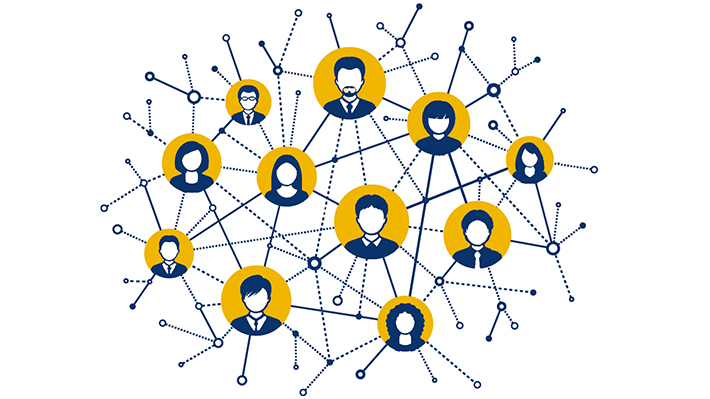
Relational Networking: Not Just Collecting Contacts
Your network is everything. No matter where you are in life, a diverse network both personally and professionally will always help you achieve your goals. Every person you come in contact with is a new door to a different world. Building and maintaining a strong network takes effort and does not come naturally for many of us. However, it is a skill that can be learned, practiced and mastered.
I have been able to lean on my personal network for many needs over the years. What has made these connections so successful is the cultivation of the relationship above all else. Learning to network effectively through relational rather than transactional contact has provided me with so many opportunities both personally and professionally.
Relational and Transactional Networking - How Do They Differ?
A perfect example of a transactional networking conversation is one we see all the time: someone walking up to a relative stranger at an event, introducing themselves and maybe sharing their brief elevator pitch. But then they shoot themselves in the foot by closing out the conversation with “are you hiring?” or “can you donate to X?”
Taking this approach makes you appear aggressive and one sided which is a huge turn-off. The receiver of this “sell” becomes immediately defensive, disinterested and disengaged. It leaves you feeling deflated and uncomfortable. This formula will not work because it does not leave room to develop a relationship and opportunity down the road.
Rather than taking this approach, try truly connecting with the other person. This is the relational approach. Introduce yourself, share your pitch, smile and be polite, but keep in mind that this is a two-way conversation. Ask questions; learn about the other person. Identify commonalities and areas in which the conversation, and in turn the relationship, can begin to develop. Not only does this make you a more appealing person to speak with, it makes you memorable. If you uncover a common interest, the other individual will now connect you with that experience, and you have set the foundation for a relationship. The chances of receiving a call or email about an opportunity down the road can be become a reality.
Follow Up
There should always be an element of follow-up such as a quick note to thank the individual for speaking with you, an email sharing an interesting article or the offer to buy a cup of coffee to further discuss an area of interest. Emotional intelligence is needed to be sure this is a mutually beneficial exchange. People are generally busy so don’t let that discourage you if you don’t get an immediate response. Developing and maintaining your network is a marathon, not a sprint. Understand the other person’s perspective and learn how you can be of value to them. Keep in mind, it’s not always about who you know, but who in fact knows you.
Relationships are a two-way street. They need to be mutually beneficial and rewarding, which is the ultimate goal of a strong relational network.

